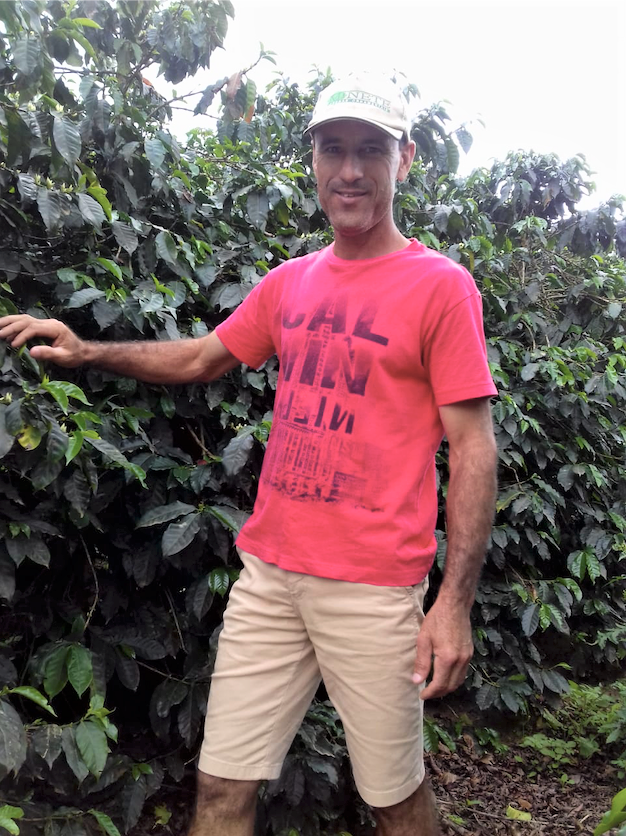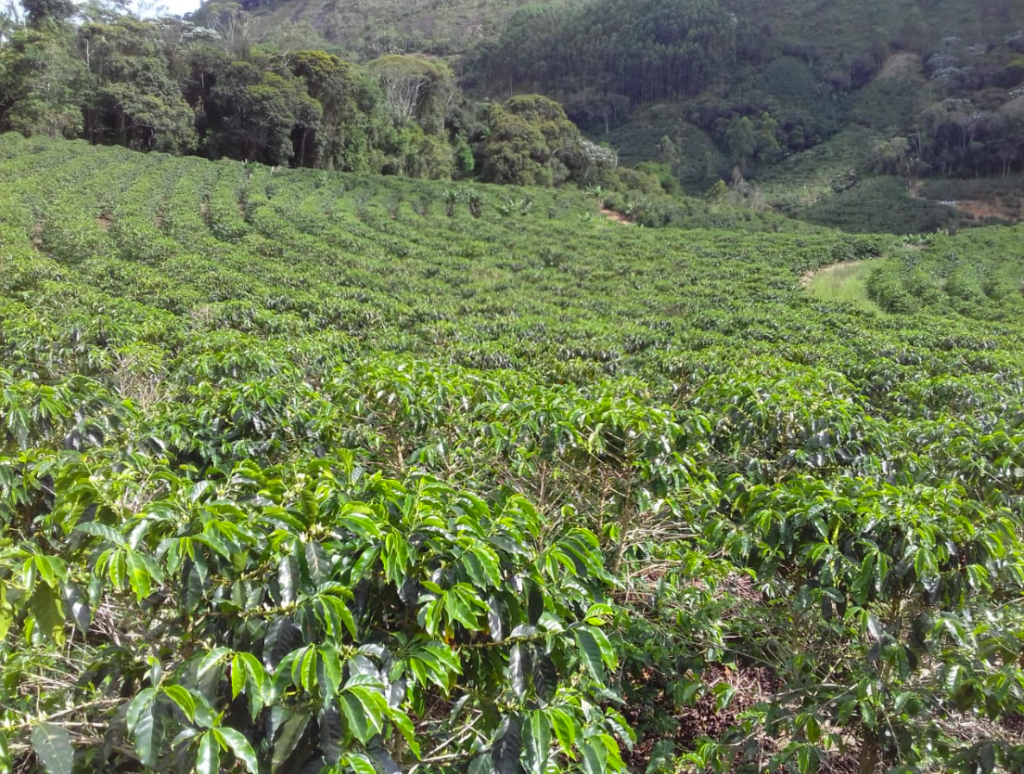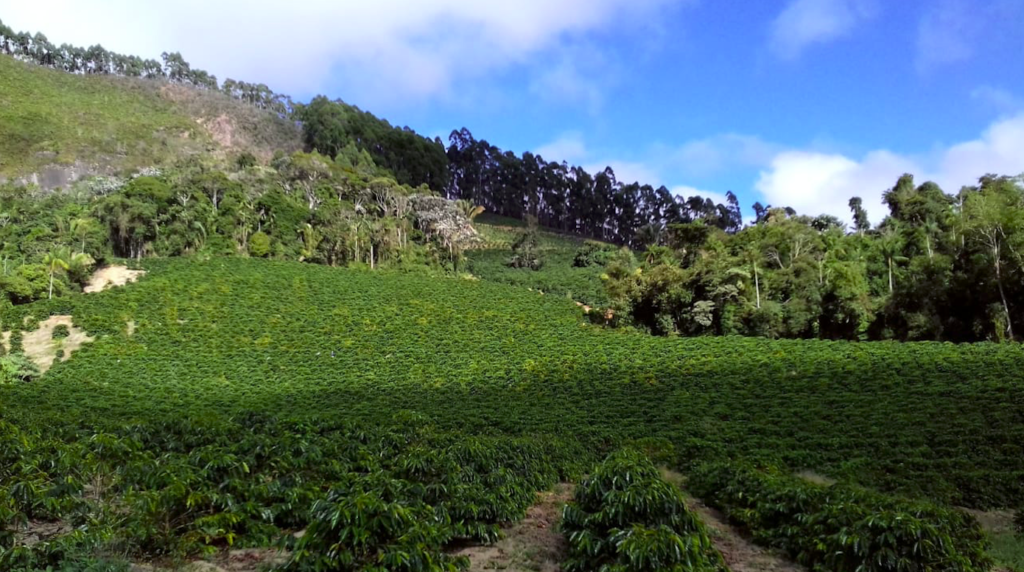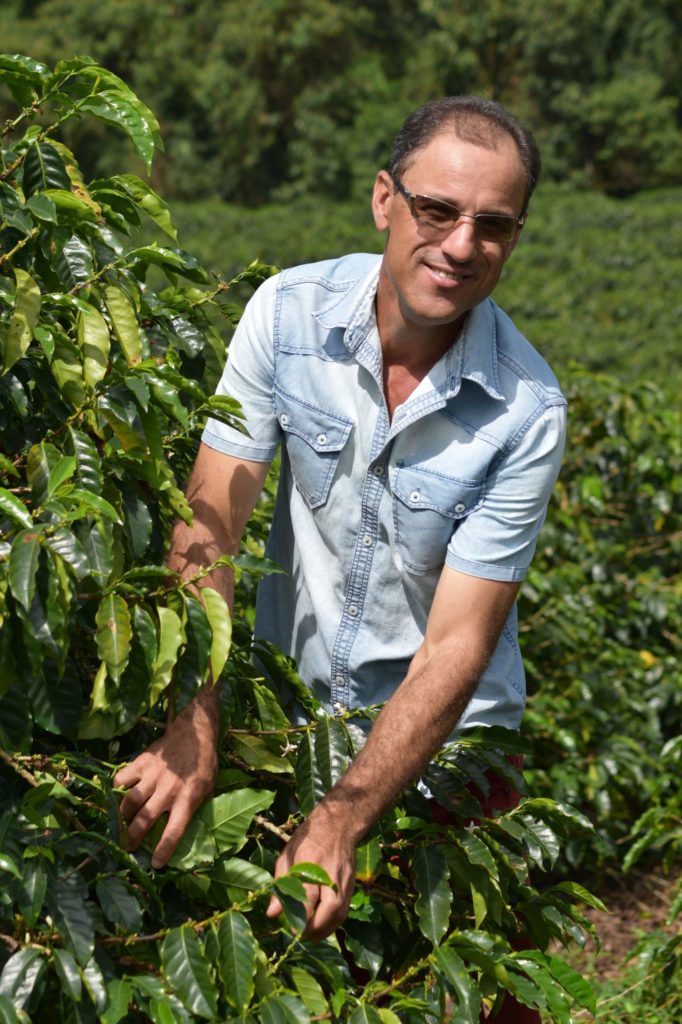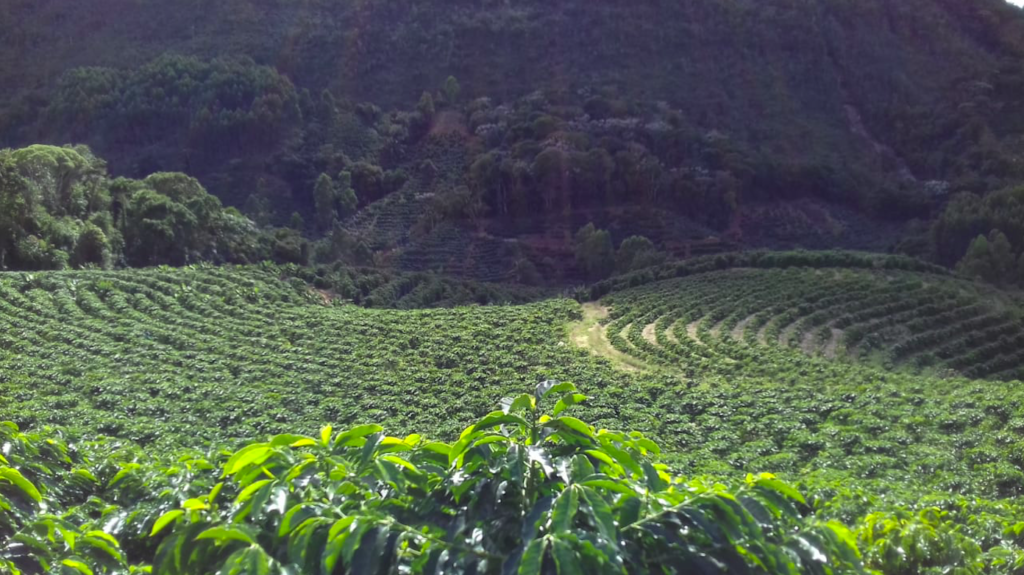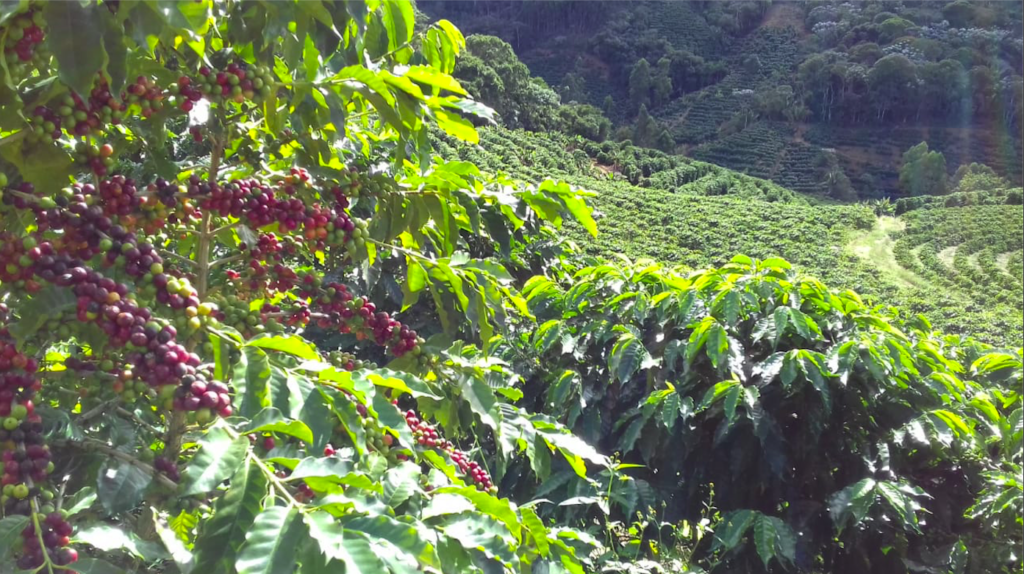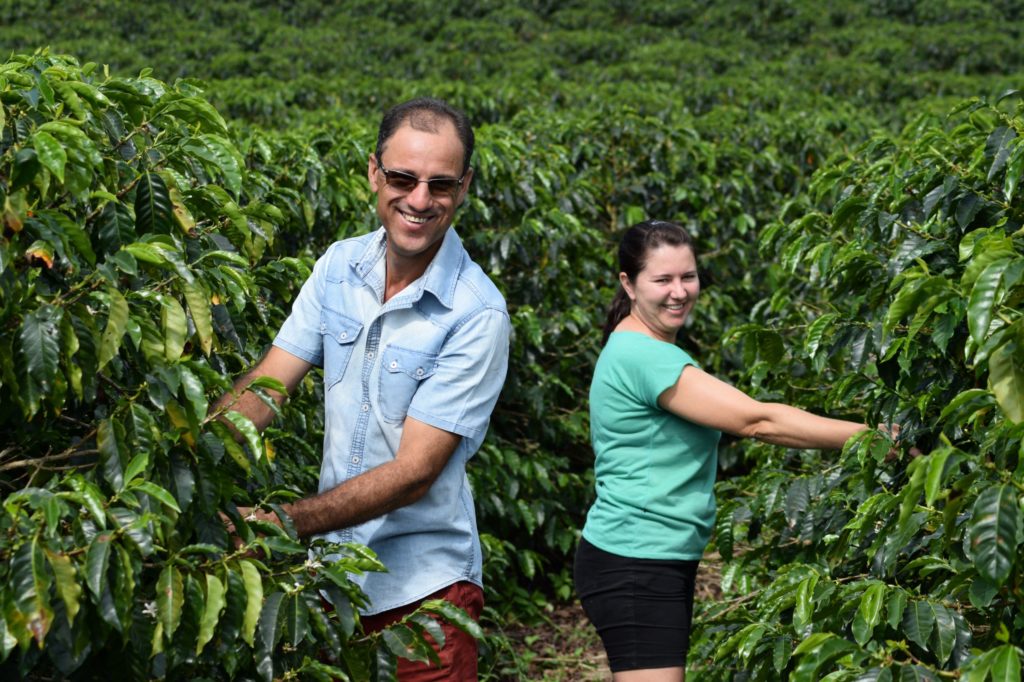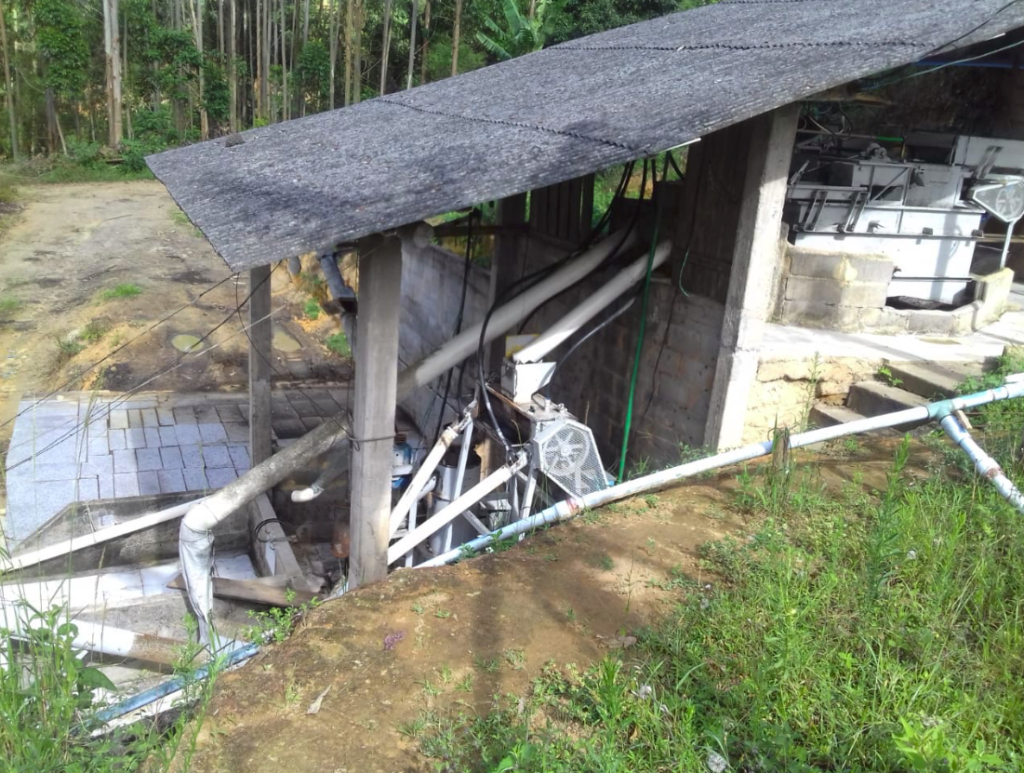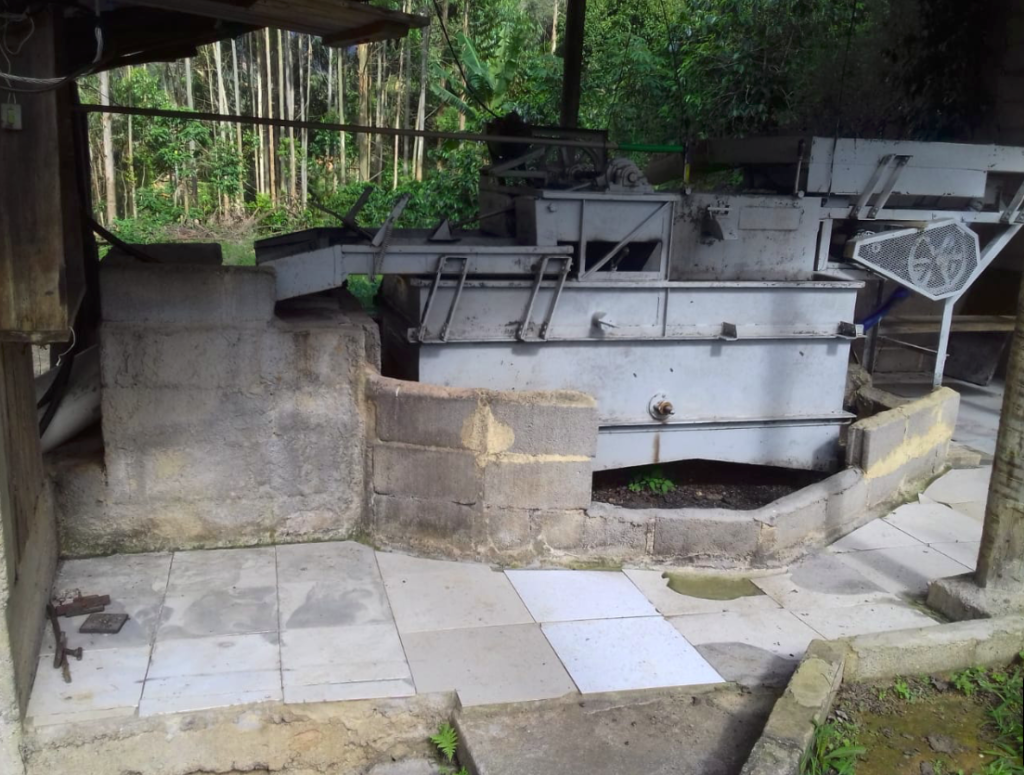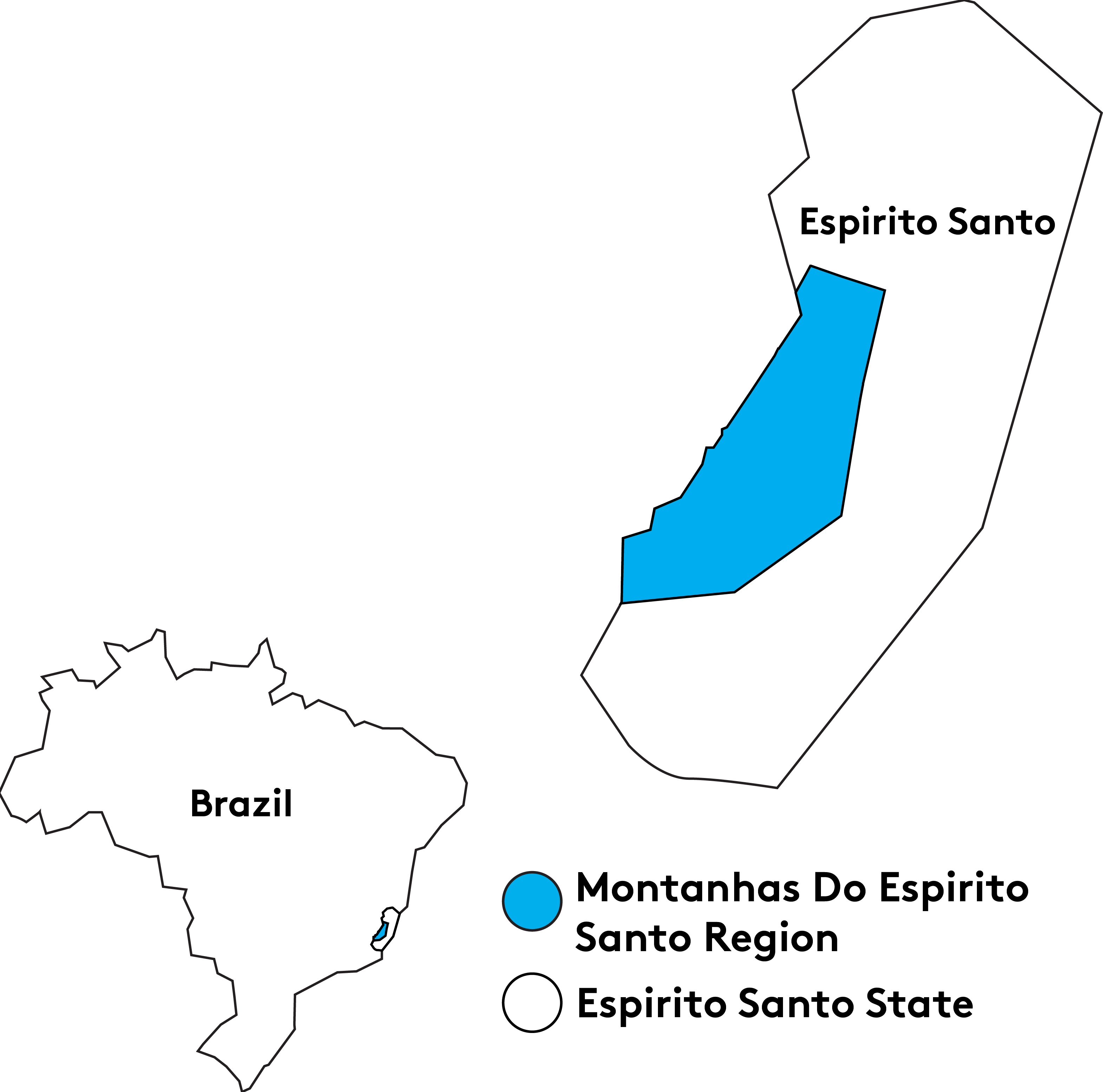Coffee producer Noeli Edir Soares de Paula is 55 years old, born and raised in the community of Rancho Dantas in the Brejetuba municipality in the southern part of the state of Espirito Santo. The farm property was passed from generation to generation and it was his grandfather Sebastião de Paula who began to produce coffee.
Noeli has always worked with this father, who taught him to care for the trees and to develop a love for coffee cultivation. In 1999, he inherited a nine-hectare property from his father and began to improve the coffee fields with new planting techniques and the introduction of new varieties.
In the same period, Noeli began to depulp coffees before fully realizing the value it added to the coffee. He participated in cup competitions and learned more about coffee quality. Together with his right hand–his wife Lucimar Zavarêz–and his two daughters, he is motivated to continue working to improve quality.
Discover what makes Espirito Santo a unique coffee region of Brazil.
